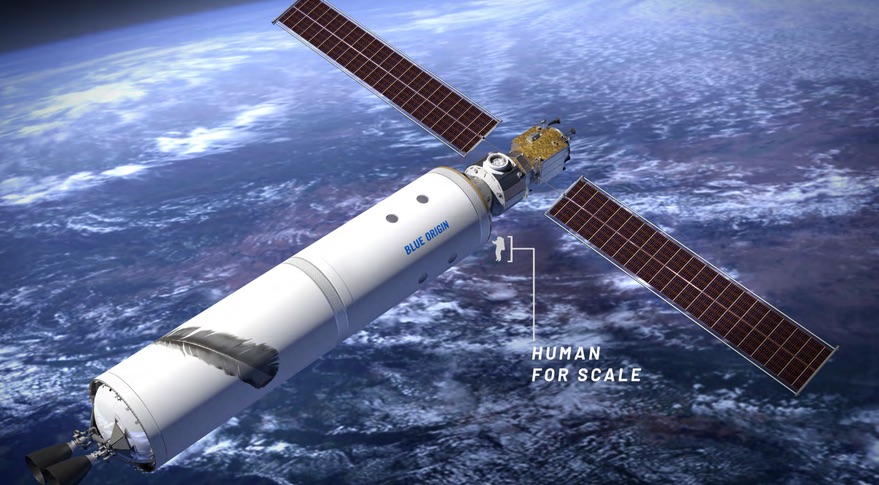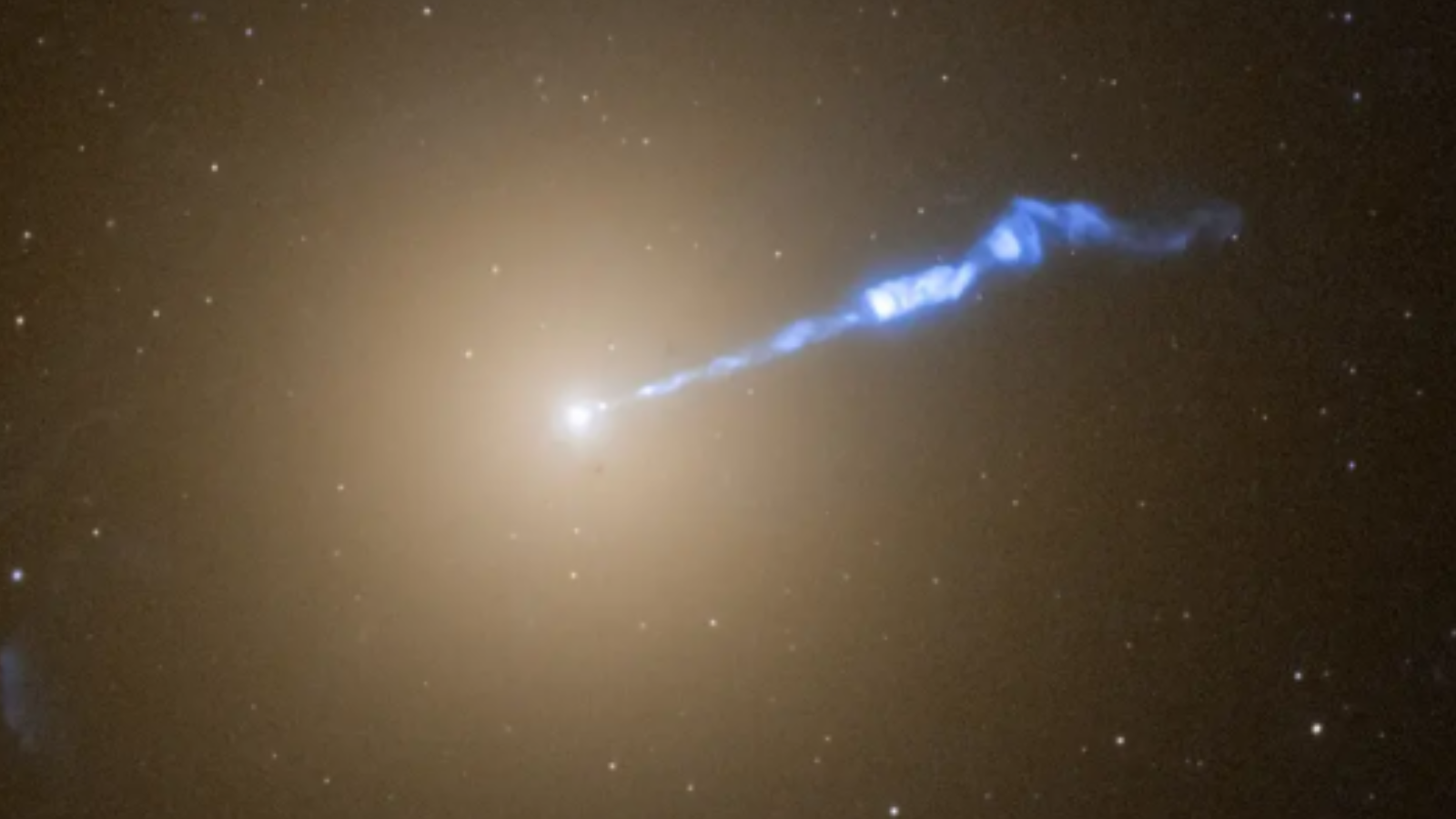Low Earth Orbit Commercialization Studies Show Wide Range of Markets and Demand

WASHINGTON — Studies of commercialization of low Earth orbit performed by a dozen teams last year have left NASA with little consensus on the potential demand for commercial use of the International Space Station or follow-on facilities.
NASA released May 28 one-page summaries of the studies, awarded last August and completed four months later. The studies were intended to analyze potential commercial human spaceflight markets and demand in low Earth orbit, using either new facilities or through an eventual commercialization of the ISS.
The summaries of the reports released by NASA are in "quad chart" format, outlining each company's team, vision and approach, illustrations of their proposed concept and schedule. They offered few specifics on costs, potential market size or other aspects of a business plan.
Related: Private Space Station Coming Soon? Company Aiming for 2020 Launch
The reports did identify a number of potential markets for such facilities, said Robyn Gatens, deputy director of the ISS program at NASA Headquarters, during a May 28 briefing on the studies at a meeting of the NASA Advisory Council's human exploration and operations committee. She noted "accommodations" emerged as a major market, hosting either space tourists or government astronauts from NASA or other national space agencies.
Other markets identified in the reports, she said, included research and development and in-space manufacturing of unique materials like high-quality optical fibers. Lesser markets, she said, included entertainment and advertising. Some studies, she said, looked at using those facilities for assembling spacecraft or large structures, but that work would not necessarily need astronauts present.
Gatens suggested there were diverging views among the 12 studies on the size of the market for commercial human spaceflight in LEO. "There was a wide variety in market predictions," she said. "It makes forecasting the viability of these platforms difficult to do. A lot of the markets are just emerging, and it's hard to predict what's going to happen."
Breaking space news, the latest updates on rocket launches, skywatching events and more!
One area of agreement, though, involves the role NASA will play. "Pretty much everybody is counting on NASA, still, to be an anchor tenant," she said. "Our desire is not to be an anchor tenant. At least early on, they're counting on NASA to anchor these markets and fund a good bit of the platform cost."
NASA published last October a white paper that forecasted its demand for services such as scientific research and technology demonstration it anticipates it will need even after it ends operations of the ISS. That five-page paper, though, offered little in the way of details on specific requirements or budgets.
Gatens said NASA is working on an update of that forecast with "more quantification" of the agency's demand. "The companies can take that information and know just what they can count on NASA to be a customer for," she said.
An inhibiting factor for LEO commercialization is the cost of getting people and cargo to and from such facilities. "The transportation costs are a big impact to whether or not some of these markets can be successful," she said. In-space manufacturing, she noted, has to be of high-value products in order to cover the transportation costs.
NASA commissioned the studies at a time when the agency was proposing ending federal funding of the ISS by 2025, either transitioning the station to commercial entities or decommissioning it. Congress opposed that effort, proposing instead to authorize an extension of ISS operations to 2030. NASA has since backed away from any plans to end funding of the station in the mid-2020s.
Gatens said NASA is now soliciting proposals for studies of additional concepts that can lead to "sustainable demand" of LEO facilities. Those concepts can include specific research areas, or research facilities that could be added to the ISS. NASA is also finalizing a new ISS commercial use policy that she said should be released in the near future that is intended to "test some of these markets and see what the market will bear."
The release of the summaries was welcomed by many of the companies who worked on them, some of whom had been asking NASA to provide some sort of public summary of the work. The agency previous stated that the full reports would not be released because they contained company-proprietary information.
Those companies have also been seeking details about how NASA plans to spend the $40 million it received for LEO commercialization in fiscal year 2019. NASA hasn't disclosed details about those plans even as companies promote initiatives such as use of a docking port on the ISS for commercial providers.
There was a notable absence in the summaries released by NASA. While 12 companies submitted final reports, NASA announced last August awards to 13 companies. The 13th company, Bigelow Aerospace, "respectfully withdrew their proposal submission" after that announcement, NASA spokesperson Stephanie Schierholz said.
Blair Bigelow, vice president of corporate strategy at Bigelow Aerospace and Bigelow Space Operations, said May 30 that the company decided to withdraw its study proposal "in return for pursuing something else that was very important to both NASA and ourselves." She did not elaborate on what the alternative opportunity was.
- Read SpaceNews for the Latest Space Industry News
- Space Launch System: NASA's Next Generation Rocket
- Engineer Charged with Falsifying Inspections of SpaceX Hardware
This story was provided by SpaceNews, dedicated to covering all aspects of the space industry.

Jeff Foust is a Senior Staff Writer at SpaceNews, a space industry news magazine and website, where he writes about space policy, commercial spaceflight and other aerospace industry topics. Jeff has a Ph.D. in planetary sciences from the Massachusetts Institute of Technology and earned a bachelor's degree in geophysics and planetary science from the California Institute of Technology. You can see Jeff's latest projects by following him on Twitter.

